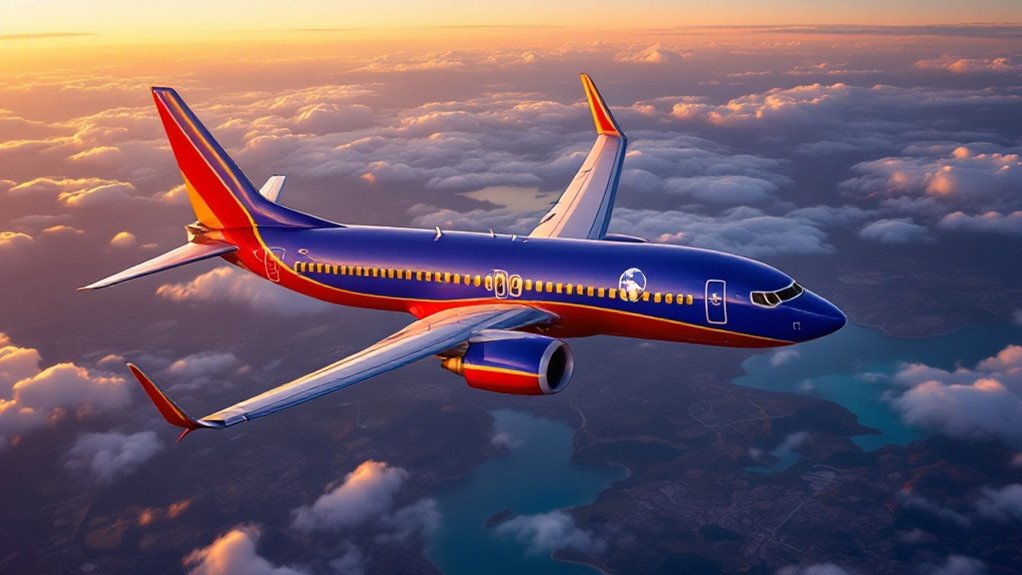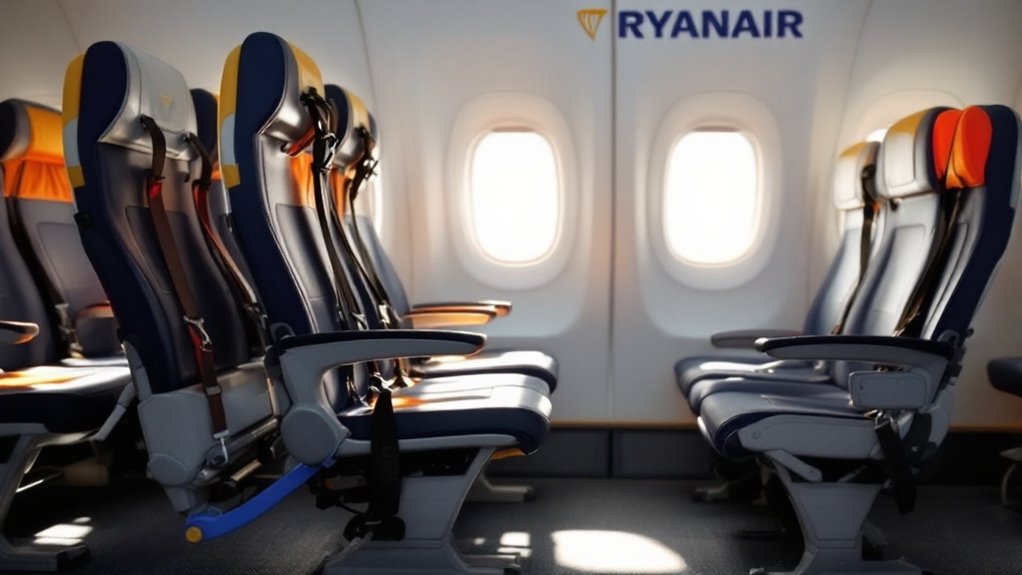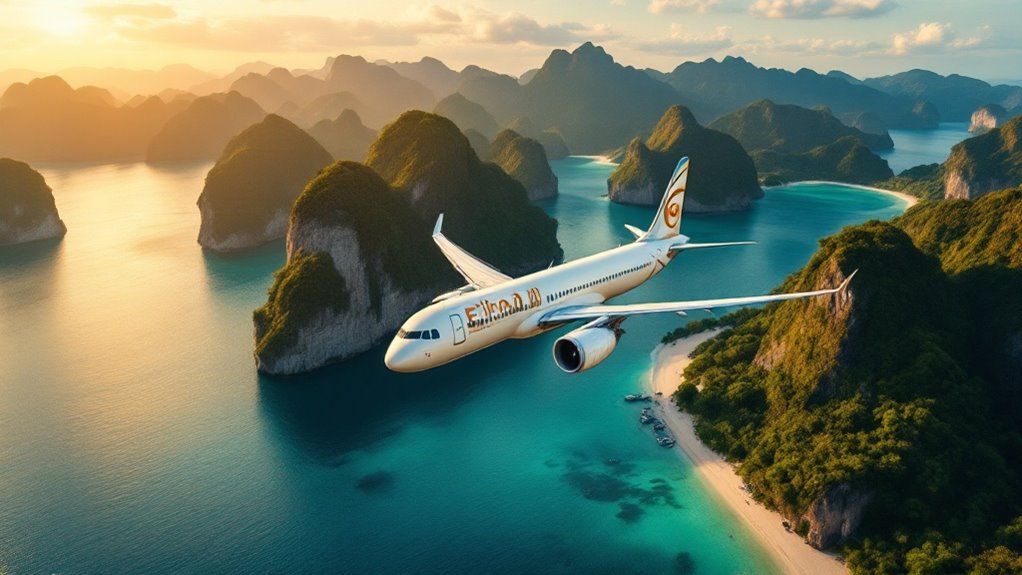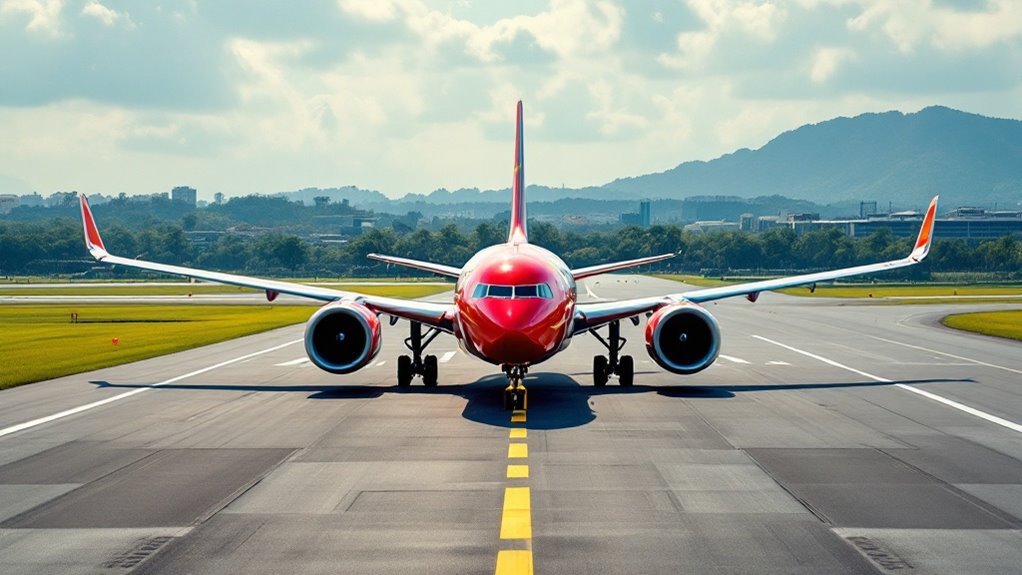Southwest Airlines is expanding its international reach in 2024, targeting destinations in Europe, the UK, Latin America, and Africa under new Open Skies agreements, supported by the extended range of its Boeing 737 MAX fleet. The airline has introduced assigned and premium seating options, marking a departure from its traditional policies. These changes, backed by strong financial results and new partnerships like the Icelandair interline agreement, position Southwest for significant global growth, with more details on strategy and customer impact forthcoming.
Although Southwest Airlines has traditionally focused on domestic and limited regional international service, the carrier is now signaling broader global ambitions through recent strategic actions. In 2024, Southwest filed applications with the U.S. Department of Transportation seeking permission to fly to countries covered by Open Skies agreements, including those in Europe, the United Kingdom, Latin America, and Africa. This move leverages the range capabilities of its Boeing 737 MAX fleet, which can reach destinations across these regions.
Currently, Southwest’s international network remains concentrated in Mexico, the Caribbean, and Central America, with flights to destinations such as Cabo San Lucas, Cancun, Nassau, Belize, and Montego Bay. The potential expansion into new continents marks a significant departure from the airline’s established route strategy. The Open Skies agreements are designed to facilitate increased international air travel between the US and partner countries, giving Southwest a potential regulatory pathway to expand its international operations. Recent financial reports indicate that Southwest achieved record first quarter operating revenues, reflecting strong performance even as the airline pursues new international strategies.
Recent changes within the company support these ambitions. In response to pressure from a major shareholder, Southwest underwent management reshuffling in 2024, introducing cost-cutting measures and new ancillary services. Efforts to streamline operational and commercial processes have been coupled with notable changes to customer policies.
The airline, long known for its two free checked bag policy, has now introduced assigned and premium seating options. While these upgrades are designed to attract a broader market and increase revenue, they have been unpopular among some long-time customers accustomed to Southwest’s traditional offerings.
A key development in Southwest’s international strategy is its partnership with Icelandair, formalized through an interline agreement in 2025. This partnership gives Southwest passengers access to over 30 European destinations via Icelandair’s network and allows Rapid Rewards members to redeem points for connecting flights.
The agreement also opens the door to potential future codeshare arrangements, signaling a strategic shift toward broader international connectivity. Looking forward, the Open Skies treaty presents extensive opportunities for expansion, with access to numerous countries.
While the airline’s Boeing 737 MAX aircraft are well-suited for many transatlantic and regional routes, entering the European, Latin American, and African markets would require careful strategic planning. These initiatives indicate that Southwest is preparing to compete on a larger, global stage.









